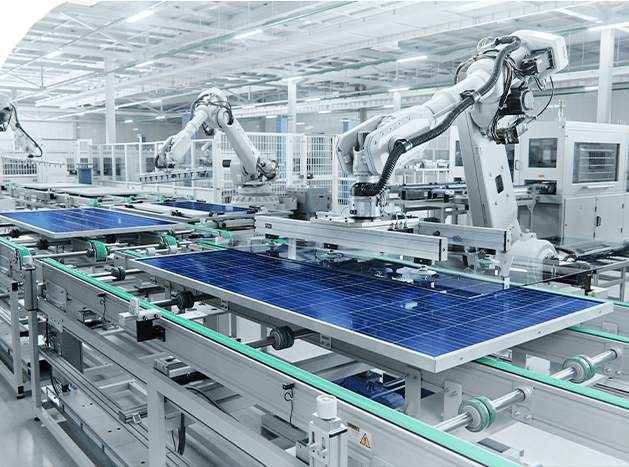Photovoltaic tiles, also known as solar roof tiles, leverage flexible thin-film solar technology to harness solar energy and convert it into electricity. This enables them to meet the typical power needs of a household. The photovoltaic tiles are designed with a C-shaped slot structure and a three-point support structure, allowing them to withstand up to 90 kg of air pressure and resist winds of up to level 12 on the Beaufort scale, as well as the impact of hail.Under people’s attention China BIPV Solar Panel Factory Finally grow into what people need, born for the market and come for the demand. https://www.csrenewable.com/
Why Use Photovoltaic Tiles Instead of Regular Roof Tiles?cid=2
Due to the use of super-tempered glass, each square meter of photovoltaic tile can generate up to 85 watts of power. This has an emissions reduction effect and environmental protection value equivalent to three to four trees. If every household installed these tiles, electricity bills could potentially be eliminated in the future.
Regular cement tiles require repair every few years, costing several thousand dollars, whereas photovoltaic tiles have a lifespan of over 25 years without the need for replacement. Their longer service life and electricity generation capabilities can also increase household income by 7%.
The key advantages of photovoltaic tiles are:
1.They have 365 patents.
2.They seamlessly integrate photovoltaics and architecture, making them more aesthetically 3.pleasing than traditional tiles or photovoltaic panels.
4.They have superior waterproofing performance.
5.They have a significantly longer service life.
From a societal perspective, solar power is a clean energy source that converts the sun’s light into other forms of heat, electricity, and chemical energy. During the energy conversion process, no harmful gases or solid waste are produced, making it an environmentally friendly, safe, and pollution-free new energy source. Actively promoting and utilizing photovoltaic power generation is crucial for realizing China’s goal of reaching carbon peak and carbon neutrality by 2060. Therefore, the “14th Five-Year Plan” clearly emphasizes the need to vigorously promote green and clean energy, and photovoltaic power generation is also receiving increasing attention.